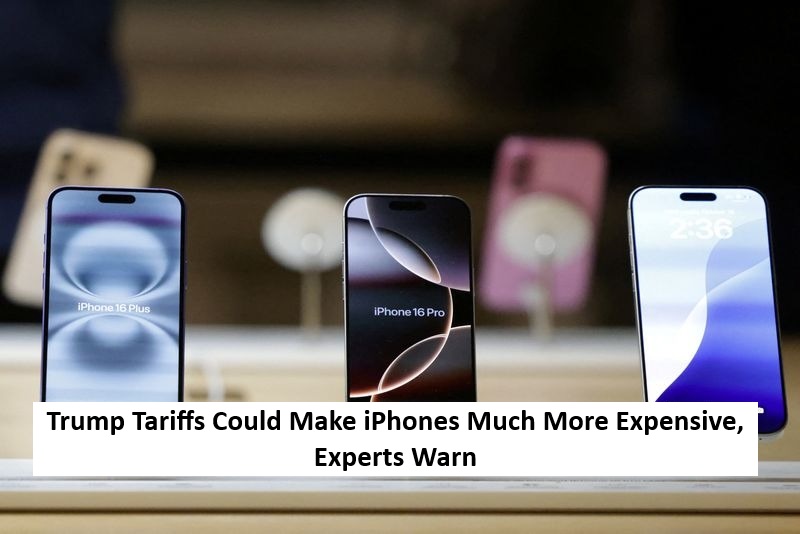
President Trump’s tariff push is designed to bring high-tech manufacturing, such as smartphone production, back to the U.S. But for global products like the iPhone, the transition is far more complex—and expensive. According to a report by The Wall Street Journal, the real-world implications of these tariffs are beginning to surface.
How Tariffs Are Impacting iPhone 16 Pro Costs
The iPhone 16 Pro (256GB) currently sells for $1,100. Its components cost Apple around $550, and when including assembly and testing, the total cost reaches approximately $580. Trump’s new tariffs on Chinese imports—now totaling 54%—could increase that figure to $850 per unit, according to TechInsights. That change would significantly shrink Apple’s profit unless costs are passed to consumers.
iPhone Component Origins Highlight Supply Chain Complexity Here’s where key iPhone parts come from:
Processor (Apple A18 Pro): Taiwan
Display: South Korea
Storage: Japan
Memory: United States
Cameras, Battery, Enclosure: China
Even if Apple moved final assembly to the U.S., many of these parts would still be tariffed. And relocating manufacturing isn’t simple.
Why U.S. iPhone Assembly Isn’t Practical Yet
China’s assembly infrastructure is built over decades, with an efficient supply chain and affordable labor. Apple currently spends about $30 per iPhone on labor in China. In the U.S., that cost could spike to $300. The U.S. also lacks the dense supplier networks and specialized workforce available in China.
"It’s a massive, mammoth undertaking," said Barton Crockett from Rosenblatt Securities. "It’s not clear you can make a competitively priced smartphone here."
Apple’s Strategy: Risk Diversification, Not Abandonment of China
Apple has started assembling some devices in India, but this is more about risk management than a total shift from China. Creating a fully American-made iPhone would require domestic production of every single part—currently an unrealistic goal.
Impact on Consumers: Expect Higher Prices
Whether through higher retail prices or reduced margins, consumers are expected to bear the cost of Trump’s industrial policies. Experts suggest that unless the tariff strategy changes, future iPhones will be more expensive.
Read More: World Bank Approves 700 Million Dollars for Pakistan to Boost Economic Stability and Public Services

 Share
Share



